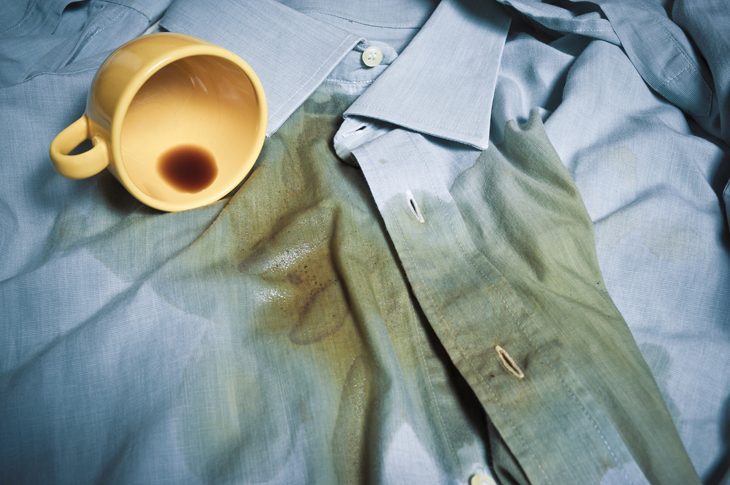How Long can Fresh Eggs be Unrefrigerated? – Shelf Life and Egg Quality
A shelf life of eggs:
Under refrigeration, eggs are valid for up to 60 days from the date of laying. Without refrigeration, the durability varies – up to ten days in summer and at most fifteen in winter. As the time period between posture and consumption is usually longer, we often consume obliterated eggs (seg Souza, PA 2002 (*)).

Quality of eggs
External aspects
- Shell – must be clean, intact, therefore without dirt, cracks and without deformations. Large deformations in the husks detract from the appearance and still indicate health problems in laying hens.
Internal aspects
- Clear – should be clear, transparent, consistent, dense and high, with a small portion more fluid. Over time, clearing occurs, which becomes more liquid and spreads easily. These changes are more intense in the first three days, especially in the high temperatures of the summer.
- Yolk – The yolk must be translucent, consistent and centered in the middle of the white. Old egg yolks are flat, flaccid, and may have dark spots. In this case, its membrane breaks easily allowing to drain the contents, again harming its use. It should be noted that the color of the yolk reflects the feed (green food and corn generally give a darker yellow to yolk). Currently, many commercial farms add dyes to the feed of laying hens to ensure proper coloring of the yolk.
- Tube – The tube at the larger end of the eggs can be seen internally by placing them against the light. It is small in fresh eggs and very large in older eggs.
- Odor and taste – Fresh eggs should have a characteristic and pleasant taste and smell. However, the egg absorbs odors and flavors of other products stored in the same environment as vegetables, fruits, onions, and chemicals, which should be avoided.
- Blood stains – The occurrence of small patches of flesh or blood on the yolk or white is a normal fact and does not detract from the value of eggs, which can normally be consumed.
Tips:
- Egg washing – Eggs are allowed to be washed on the farm. However, to be beneficial it should be performed with warm water (38 to 46 degrees Celsius) with super chlorination or disinfectants and detergents, usually the quaternary ammonia base and commercially available combinations, some egg-specific. Out of these conditions, one can worsen the quality. It is recommended that excessively soiled eggs be discarded or, if washed, marketed separately for specific purposes.
- Storage – The eggs should be kept on the farm for a minimum of three days. The environment should be fresh, if possible with a temperature between 10 and 15 degrees Celsius, and good ventilation. The egg storage environment should not contain other products, especially those with strong odors.
- Application of oil – The application of mineral oil or liquid paraffin in the eggs is an excellent feature to preserve the quality for longer, even outside of the refrigerator. It is not common practice among small and medium poultry producers, however, just apply a sponge soaked in mineral oil only on the thick tip of the eggs, and the internal quality will be prolonged.
Health aspects
- The egg is considered a source of infection for salmonellosis. In cases where the origin of the eggs is not known or controlled, the consumption of raw eggs should be avoided. (Salmonellosis manifests clinically due to gastrointestinal problems of greater or lesser intensity).
- According to the American FDA as of July 2010, the vast majority of farms and trade in the United States of America will market refrigerated eggs. It is estimated that this measure controlled nearly 80,000 infections/year and 30 fatalities/year (***) per salmonellosis.
- In our country, we have not yet reached this stage and the product reaches the points of sale at room temperature. Nevertheless, all are benefited if the egg is acquired in the shortest possible time after the laying, within the validity period and leave the point of sale directly to the refrigerator, keeping it in the range of 0ºC to 4ºC. Using this simple provision, the consumer will guarantee for himself and his family a healthy, nutritious and tasty product, that can be consumed with all security.
MYTHS AND SUPERSTITIONS:
- There are those who say that you should not take eggs aboard boats or racing – below some comments:
- If you have a boiled egg completely destroy its shell, since witches can use it to sail in the sea, causing storms that can destroy ships.
- A rotten egg stinks and makes the environment unbearable
- If the egg floats, it is bad – this is true – If you want to make sure an egg is good, place it in a bowl and cover it with cold water. If it stays in the bottom, on the side, the egg is good. If he gets up in the background, he’s a little older but still good. If it floats, throw it away as it is spoiled. – Obs – take this test immediately before consumption.
(Visited 2,405 times, 3 visits today)






